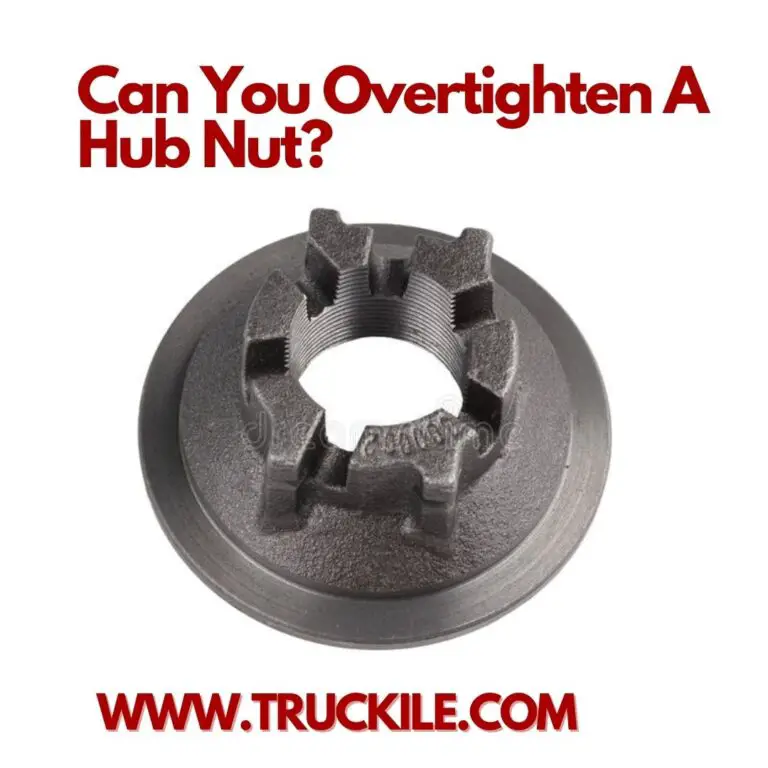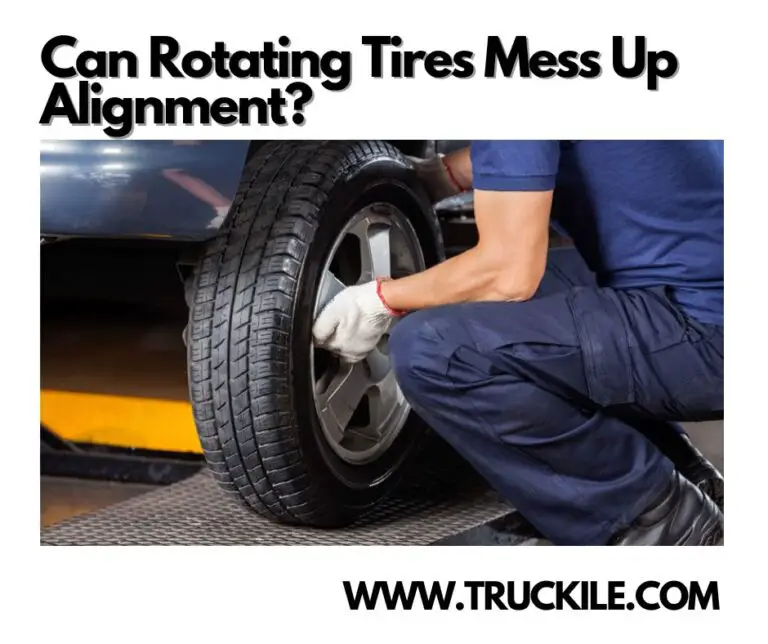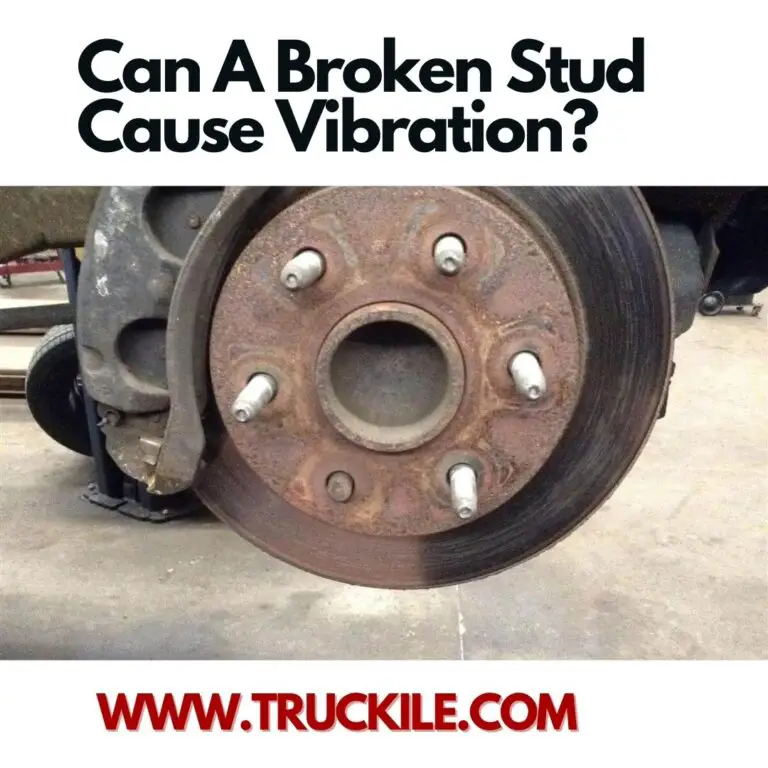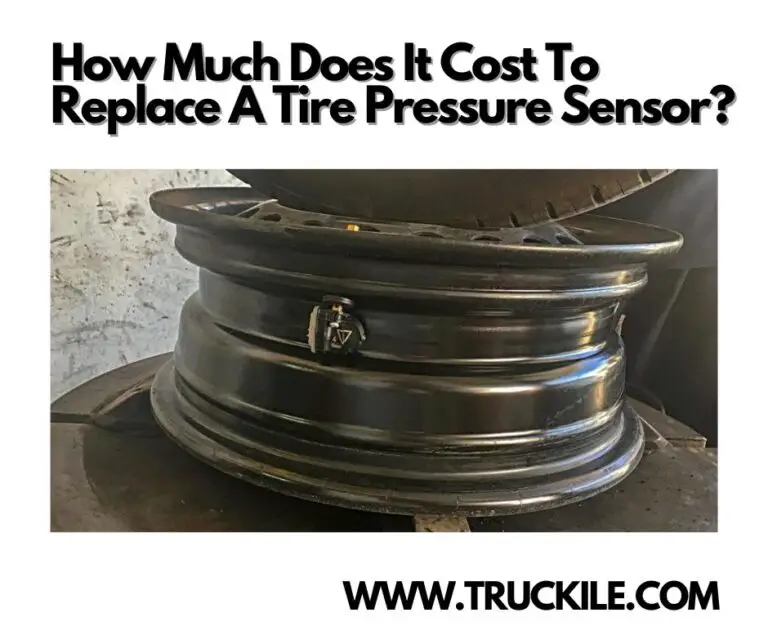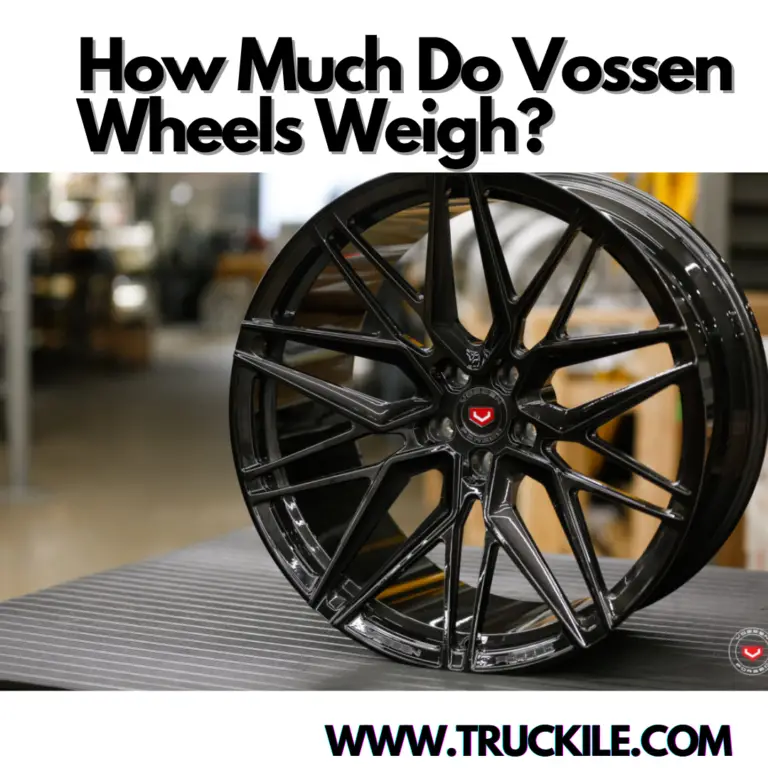Are 20 Inch Wheels OK For Off Road?
Are you one of those drivers who drive off road sometimes or most times? Are you a user of 20-inch wheels, or you’re looking at getting 20-inch wheels and you need to know whether they’re okay for off-road or not? Then, this article is written for you. We’ll not only give an answer to the question — Are 20 Inch Wheels OK For Off Road? — we’ll also talk to you about wheels of a few inches.
Are 20 Inch Wheels OK For Off Road?
According to an automotive enthusiast, “Off-roading on 18-inch or 20-inch wheels is probably not the best idea as you’ll feel every bump, however, good 18-inch off-road tires are now readily available for vehicles that cannot downsize due to a large OEM wheel size.”
Are 20-Inch Tires Better Than 18-Inch?
When you’re faced with a time when it’s necessary you buy tires for your truck or SUV, you may think that buying the bigger one is the best choice. But when it comes to deciding between these two — 20-inch and 18-inch tires — there’s just a whole lot more to it than choosing a bigger tire. To help you make a satisfactory decision, one that’ll be suitable for your vehicle, we’ve broken down 20-inch tires vs 18-inch tires.
Plus-sizing Your Wheels
How does plus-sizing happen? Well, it comes into play when drivers opt for wheels with larger diameter — larger diameter wheels with a shorter sidewall over their original equipment wheels. However, it’s good to note that plus-sizing doesn’t impact the tire’s outer diameter, so the speedometer — without leaving aside other vehicle hardware — continues to effectively work just as intended. Have it in mind that when we make use of the word “tire,” what we mean is “the rubber that meets the road.” Whenever we say “wheel,” it’s the steel or aluminum alloy rim that we’re referring to. The steel or aluminum alloy rim fits right inside the tire and is connected to the axle and hub.
Related Questions:
According to Consumer Reports, carrying out the process of plus-sizing your tires is likely to lead to an evident improvement — improvement in performance, specifically in the area of cornering and handling. The idea behind this is quite simple: the smaller the fire sidewall gets, the more you’re assured of getting a solid ride.
It’s possible, possible to “plus one,” “plus two” or “plus three.” Let’s look at plus one, it means that you ensure there’s an increment in the diameter of your wheel and the tire’s width being an inch larger than the very original equipment wheel. Let’s take a look at “plus two,” it’d add up to two inches to the wheel diameter and the tire width, and more. If what you’re considering is to, for a change, go from 18-inch wheels to 20-inch wheels, you should be looking at the “plus two” sizing.
It’s essential you take note of the fact that if you make any changes to tire or wheel size — changes that are outside what the manufacturer recommends — you could have the speedometer negatively impacted. Not just will it impact the speedometer, there are also other areas — such as the ADAS features and other aspects, crucial aspects, of that vehicle you own.
Pros Of 20-Inch Wheels & Tires
While it’s not recommended that you practice the act of up-sizing, it may be okay to plus-size from 18- to 20-inch tires — but achieving this is solely dependent on things such as the model and make of your vehicle. Well, it doesn’t just stop at the model and make, there’s still more: the depth of the wheel wall and more. The key thing to do would be to ensure that whatever thing you do aligns with the instructions provided right inside the manual of the manufacturer.
Below are some of the pros of using 20-inch wheels.
1. They Can Be Visually Appealing
Go big and make yourself get noticed. Typically, you have to understand that 20-inch tires come with less sidewall, and that’s not all, they also show more areas of the wheel, which a few drivers out there find to be quite, aesthetically pleasing — by ensuring that vehicle gets a more aggressive look.
2. They Can Provide Additional Control
Since the 20-inch tires you’d find out there come with a sidewall that’s quite smaller, they tend to be on top their game when it comes to retaining more rigidity, relatively more rigidity, whenever they hit the road. You might want to ask, “what’s the advantage of the additional rigidity?” Well, that rigidity may provide certain vehicles owners slightly better handling at the time of cornering.
Cons Of 20-Inch Wheels & Tires
1. They May Decrease Acceleration
Because of the size — the bigger size — in both weight and diameter whenever you’re making use of the 20-inch tires, the engine of your vehicle may have to go through the process of working harder when accelerating. However, this single difference can be in a minimal state, and quite hard to notice.
2. They May Provide Less Comfort
Due to a decrease in the sidewall, 20-inch tires have the ability to bring an increased discomfort when you’re going over gravel roads, speed bumps, potholes, and other road hazards. If you practice offroading, it might not be the best choice to go for 20-inch tires.
Pros Of 18-Inch Wheels & Tires
1. They Provide A More Comfortable Ride
Because the 18-inch tires come with a larger sidewall, they’re a lot more flexible than the tires that have a smaller sidewall. Your tires feature as a shock absorber. Also, they [your tires] have the potential of providing a great cushion at the times when they have to go over potholes and bumps.
2. They Can Be Easier On Your Engine
Since the weight of the 18-inch tires is quite less, your engine may not have to do so much hard work just to help in the “speeding up” process of your car. They are likely to also help in the reduction of wear on the suspension and brake systems.
Cons Of 18-Inch Wheels & Tires
1. They May Not Be As Aesthetically Appealing
You must note that smaller tires might just not appear as aggressive or powerful as larger tires. Some drivers out there see the smaller tires as being more functional than fashionable, especially when present on a larger SUV or truck.
How To Choose The Right Tires And Wheels For Your Vehicle
While you might get a more comfortable ride using 18-inch tires, it may interest you to know that the 20-inch tires may do pretty well, in terms of performance. But which exactly do you go for? And how exactly can you figure out the particular type of tires that your vehicle can handle — bigger or smaller ones?
Firstly, what you have to do is to consult your owner’s manual. As regards the tire size, the must understand that the manufacturer of your vehicle actually knows best. They engineered and design your SUV, truck or car, having a specific type in mind.
According to what Car and Driver noted: “Know your car and avoid making dire tire mistakes to ensure your wheels are safe and are giving your vehicle the best levels of traction possible.”
Frequently Asked Questions (FAQs)
What Wheel Size Is Best For Off Roading?
In order to improve offroading performance, we suggest you stick to the rule of thumb of running a wheel diameter no bigger than half the height of the tire. What does this mean? It typically means that 15-inch wheels or 16-inch wheels for 33s and 17-inch wheels for 35s or so. If you’re someone who desires to have sufficient sidewall flex on the trail, then ensure you do everything possible to stay away from lower-profile tires.
What Is The Advantage Of 20-Inch Wheels?
They can be visually appealing. Typically, 20-inch tires come with less sidewall and depict more of the wheel, which some drivers out there find to be more aesthetically pleasing by giving the vehicle a more aggressive look.
Do 20 Inch Tires Wear Out Faster?
Since smaller tires are made for smaller vehicles, if you are using them on the vehicle they are designed for, you should get the same mileage out of them as a larger vehicle gets with larger tires. Yes, at least in theory, a smaller tire will wear slightly faster for the same other conditions.
What Is The Advantage Of Bigger Tires?
Well, larger tires do great in improving cornering and handling, due to wider tread faces and stiffer sidewall. Wider tires may work in the area of decreasing braking distances — the ones on dry pavement. You may also experience an increase in acceleration using wider tires, especially in those powerful vehicles — for example: muscle cars.
Are 20 Inch Wheels OK For Off Road – Conclusion
As a recap of the response we gave to the question — Are 20 Inch Wheels OK For Off Road? — we stated that:
According to an automotive enthusiast, “Off-roading on 18-inch or 20-inch wheels is probably not the best idea as you’ll feel every bump, however, good 18-inch off-road tires are now readily available for vehicles that cannot downsize due to a large OEM wheel size.”
Thanks for reading.

Joe lives and breathes cars and trucks. After many years working in the Auto industry, he decided that it is only right to share his knowledge with the public. As a qualified expert in trucks and cars, he started working for Truckile.com and is the main editor and publisher.

